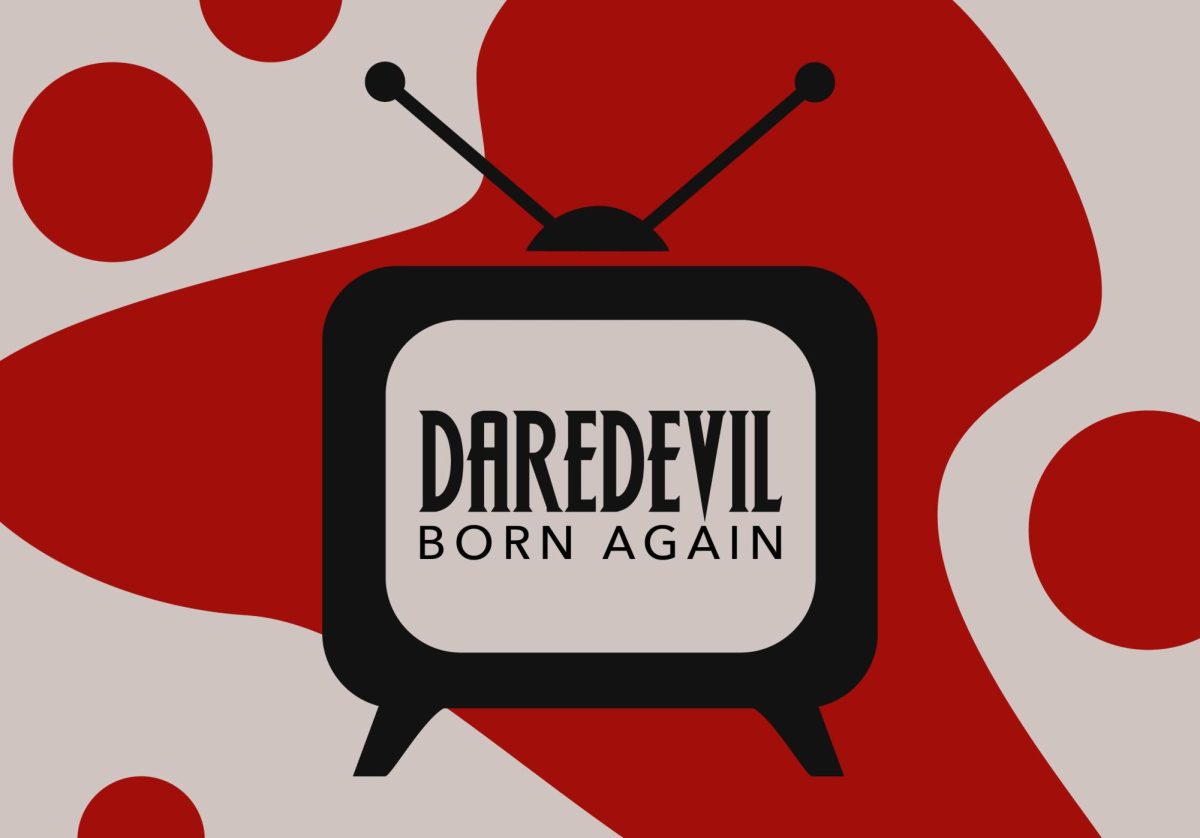Struggles with growing up Irish and baby carrots who are trying to turn him gay have made Stephen Colbert into the man he is today, the self-proclaimed embodiment of America. His America is yours, and if it isn’t, he thinks you need to work harder, kind of like the poor people who he claims need to “choose” to earn more money. His extensive experience in “picking himself up by his bootstraps,” has encouraged him to give the final what’s what about American culture.
Author: Stephen Colbert
Publisher: Spartina Productions, Inc.
Pages: 227
Price: $26.99
In chapters of roughly 3-5 pages, Colbert tackles the issues of our somewhat narrow political consciousness: racism, class warfare, Hollywood and sex, to name a few. Each concludes with a “fun zone,” which feature optical illusions or games like a “match the celebrity to their political cause” game. (All end up being “look at me!”) The book has stickers, studio shots of Stephen Colbert, and handy charts that explain which social class you’re in by the cause of your nighttime weeping. The sports chapter is even sponsored by alternating products, from Blockbuster to Verizon. The format is exploited to be attention deficit/sponsor friendly, but it proves a point: As networks try to aim for higher ratings by using flashy graphics and formats, many discount the value of the quality of the content.
Other more “sophisticated” media shuns such efforts, but the Comedy Central news troupe proves that creative design and a method of “seducing” readers does not have to be devoid of worthwhile content. One reason for Colbert’s popularity could be that he uses a rare union of intelligent content which requires interpretation with a format that is highly marketable.
As a whole, the book becomes somewhat of a farcical encyclopedia of culture. It features the voices of many of America’s archetypal personalities, like “the crazy cat lady,” “the drunk asshole at a football game,” “the communist screenwriter” and even God. “Remember when you signed up for a yoga class? You should have signed up for a pottery class Ö and don’t just sign up for a pottery class next time, because I might have moved on to hip-hop cardio,” the “soul mate” rattles off in the section called “Stephen Speaks for Me: A chance for the average American to agree with what I think.”
By populating his book with the stereotypes that make up our collective culture, Colbert exposes our own shallowness with a sharp cynicism that is colorful enough to capture the attention of a generation raised with five different graphics to represent even puffed wheat cereal. Generation Y (Y bother?, as we’ve been called) might not watch the news, but that’s because the competing airwaves full of “happy-talk” are starting to cancel one another out. The cynical delivery of Stephen Colbert and Jon Stewart might not be any more accurate (although both shows give a higher portion of air time to overseas affairs than network news), but it’s a format that is still able to resonate.
The worst thing about “I Am America” is probably Stephen’s constant self-promotion, which develops his pundit personality and jabs at the Bill O’Reillys out there, but can’t escape that it is still shameless self-promotion.
Yet despite efforts as extreme as interviewing himself, awarding himself “The Stephen T. Colbert Reward for the Literary Excellence,” and quoting his own raving review on the back, the book still doesn’t come off as self-absorbed as Paris Hilton’s “Confessions of an Heiress.” Given that Hilton’s book became a “New York Times” bestseller, maybe we need to work even harder at being in on the joke.







